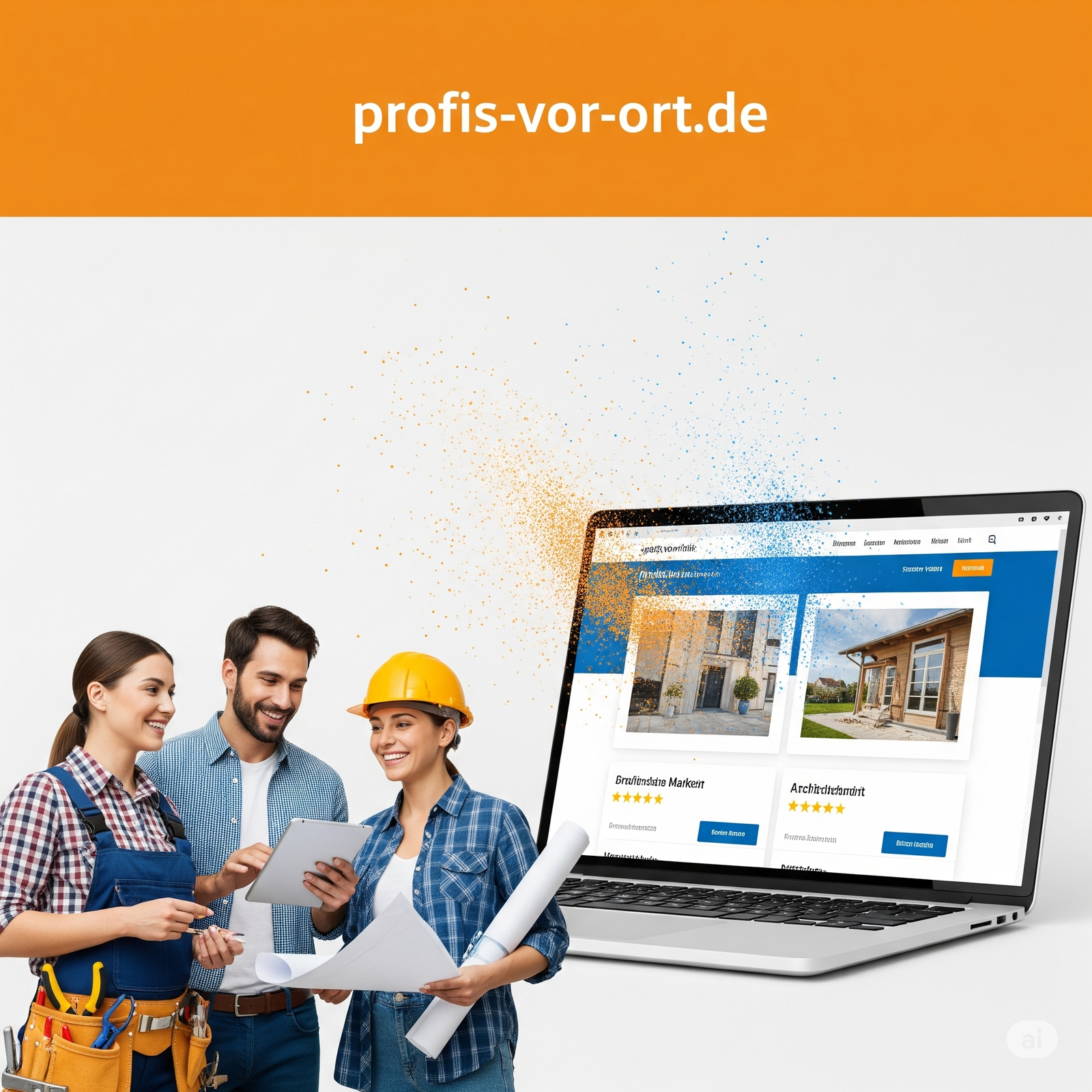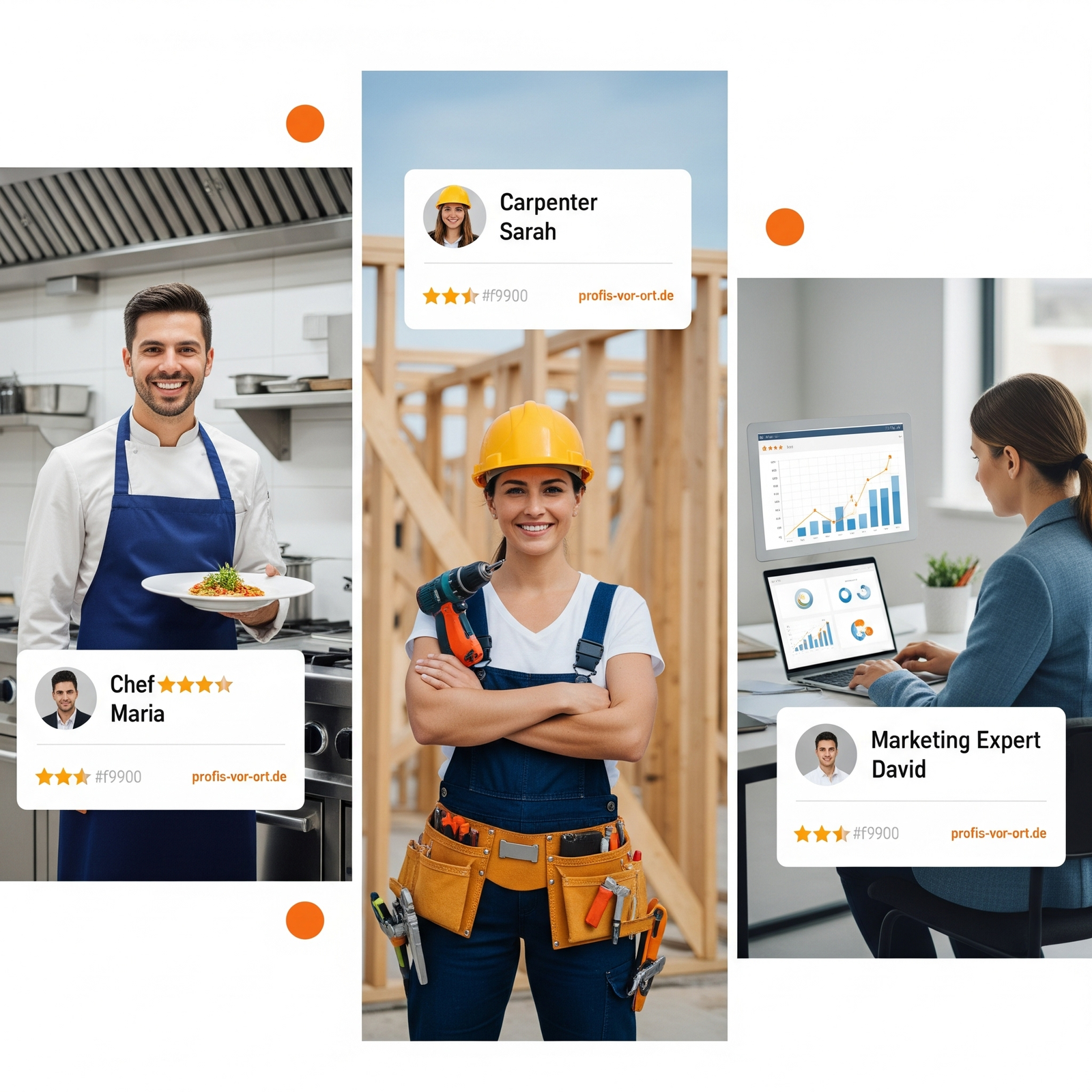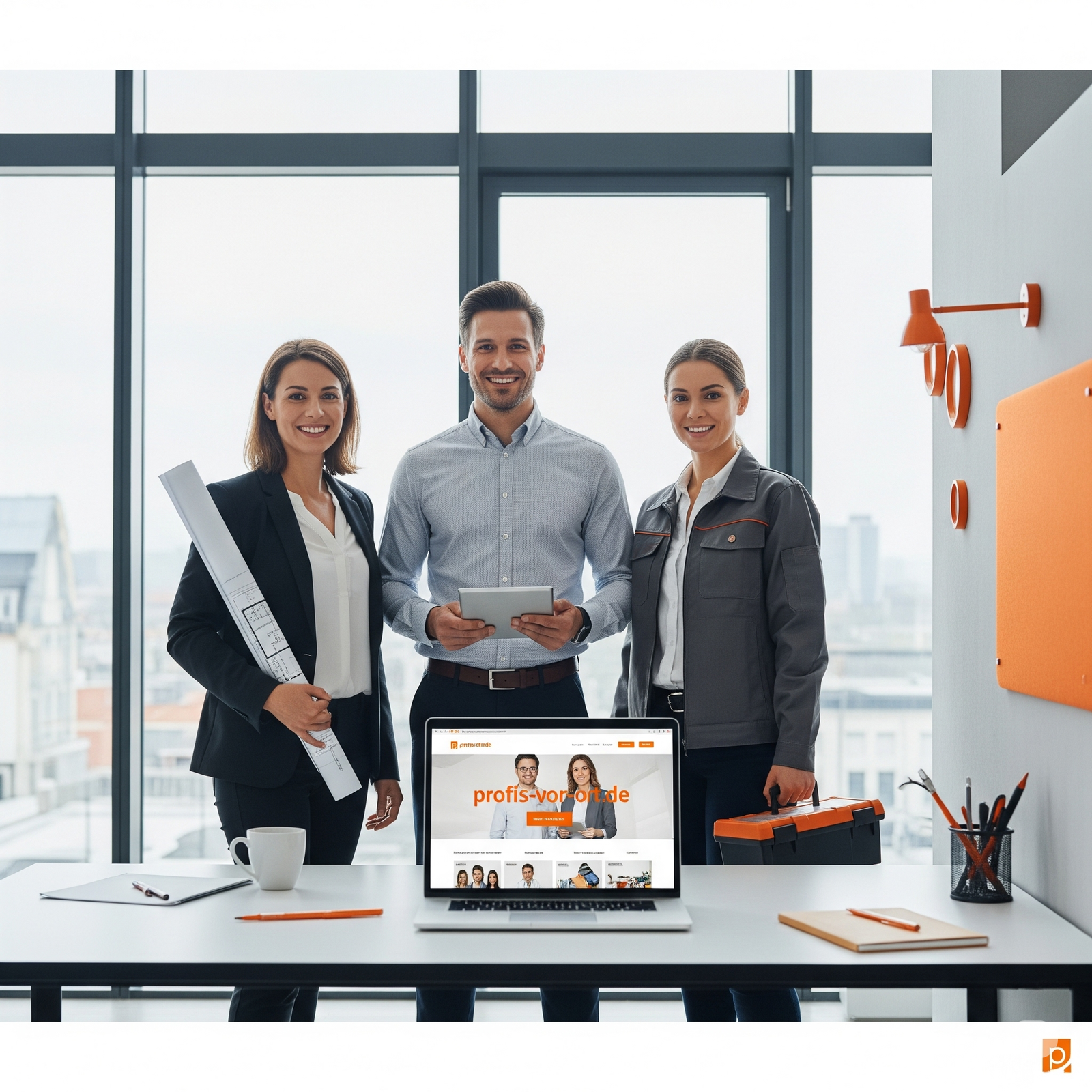
Unlocking E-Commerce Success: Why Your Frankfurt Shopify Store Needs Expert SEO
In the bustling digital marketplace of Frankfurt, simply having a Shopify store is no longer enough. To truly succeed, you need to be visible. Search Engine Optimization (SEO) is the engine that drives organic traffic, builds brand authority, and ultimately, converts visitors into loyal customers. For Shopify store owners, SEO isn't just a marketing tactic; it's a fundamental business strategy. This guide will not only introduce you to the best Shopify SEO companies in Frankfurt but also provide a comprehensive roadmap to understanding and implementing powerful SEO strategies that deliver tangible results. We'll explore everything from local SEO tactics tailored for the Frankfurt am Main area to advanced technical optimizations that can set you apart from the competition.
The German e-commerce market is fiercely competitive. A well-executed Shopify SEO strategy helps you cut through the noise, connecting you with high-intent customers actively searching for your products. It's about more than just keywords; it's about creating a seamless user experience, building trust, and establishing your brand as a leader in your niche. Whether you're a startup in Bornheim or an established brand in Westend, harnessing the power of SEO is your key to sustainable growth.
Ready to Get More Clients?
List your company on Profis vor Ort, Germany's trusted business directory, and connect with customers actively seeking your services. It's free to get started!
Post Your Company for Free1. What is Shopify SEO and Why is it Unique?
Shopify SEO is the specialized process of optimizing your Shopify e-commerce website to rank higher in search engine results pages (SERPs) like Google. While it shares principles with general SEO, it has unique aspects tied to the Shopify platform. This includes optimizing product pages, managing collections, handling duplicate content from product variants, and leveraging Shopify-specific apps and features. A successful strategy involves a trifecta of on-page SEO (content, keywords), off-page SEO (backlinks, authority), and technical SEO (site speed, crawlability) tailored specifically for the Shopify architecture.
2. The Crucial Role of Keyword Research for the German Market
Effective keyword research is the bedrock of any successful SEO campaign. For the German market, this means understanding local search behavior, regional dialects, and cultural nuances. It's not just about translating English keywords. You need to identify high-volume, relevant search terms (e.g., "Shopify Agentur Frankfurt," "E-Commerce SEO Beratung") and long-tail keywords that capture specific user intent (e.g., "nachhaltige kindermode online kaufen hessen"). Tools like Ahrefs and Semrush are invaluable, but they must be paired with a deep understanding of the target audience in Frankfurt and the wider Hesse region.

3. On-Page SEO Mastery for Shopify Product Pages
Your product pages are where conversions happen. Optimizing them is non-negotiable. This includes:
- Compelling Product Titles: Integrate primary keywords naturally while making them enticing for users.
- Unique Product Descriptions: Avoid using manufacturer descriptions. Write unique, benefit-driven copy that incorporates keywords and answers customer questions.
- High-Quality Image Optimization: Use descriptive file names and ALT text for all images. Compress images to ensure fast loading times.
- Structured Data (Schema Markup): Implement product schema to enable rich snippets in search results, showing price, availability, and reviews.
4. Technical SEO: The Foundation of Your Shopify Store's Health
Technical SEO ensures that search engines can efficiently crawl, index, and understand your store. Key areas for Shopify include:
- Site Speed: A slow site kills conversions and rankings. Optimize images, leverage browser caching, and choose a fast theme.
- Mobile-First Indexing: Your store must be perfectly responsive and provide an excellent experience on all devices.
- Canonical URLs: Properly use canonical tags to address duplicate content issues arising from product variants and collections.
- Robots.txt and XML Sitemap: Ensure your `robots.txt` file isn't blocking important resources and your XML sitemap is clean and submitted to Google Search Console.
"Technical SEO is like building the foundation of a house. Without a solid foundation, no matter how beautiful the house is, it will eventually crumble."
5. Content Marketing: Attracting and Engaging Your Audience
Content is the fuel for your SEO fire. A blog integrated with your Shopify store is a powerful tool for attracting top-of-funnel traffic. Write articles that solve your customers' problems, answer their questions, and relate to your products. For a Frankfurt-based business, this could include posts like "The Best Local Gift Ideas from Frankfurt" or "How to Style [Your Product] for a Day at the Main River." This strategy builds authority, earns backlinks, and drives qualified traffic to your product pages.
6. Link Building: Building Authority in the German E-Commerce Space
Backlinks from reputable websites are a massive ranking factor. They act as votes of confidence in your store. For a Frankfurt business, link-building strategies could include:
- Partnering with local Frankfurt bloggers and influencers.
- Getting featured in local online magazines and business directories (like Profis vor Ort!).
- Creating valuable resources (like this guide!) that others want to link to.
- Guest posting on relevant German industry blogs.
Companies like AI Linkboost specialize in this very area, demonstrating the importance of a dedicated link-building strategy for achieving top rankings.
7. Local SEO: Winning the Frankfurt Market
If you have a physical presence in Frankfurt or primarily serve the local area, local SEO is critical. This involves:
- Google Business Profile: Optimizing your GBP listing with accurate information, photos, and posts.
- Local Citations: Ensuring your business name, address, and phone number (NAP) are consistent across all online directories.
- Location-Specific Pages: Creating pages on your site targeting customers in specific Frankfurt districts like Sachsenhausen or Nordend.
- Gathering Local Reviews: Encouraging happy customers to leave reviews on Google and other platforms.
Infographic: The Anatomy of a Perfectly Optimized Shopify Page
This section would feature a visual breakdown of an ideal Shopify product page, highlighting key SEO elements like the H1 tag, meta description, optimized images with ALT text, unique content, structured data, and internal links.

8. Measuring Success: Key Shopify SEO KPIs to Track
You can't improve what you don't measure. Track these key performance indicators (KPIs) using tools like Google Analytics and Google Search Console:
- Organic Traffic: The number of visitors coming from search engines.
- Keyword Rankings: Your position in SERPs for target keywords.
- Conversion Rate from Organic Traffic: The percentage of organic visitors who make a purchase.
- Click-Through Rate (CTR): The percentage of people who click your link in search results.
- Bounce Rate: The percentage of visitors who leave after viewing only one page.
9. How to Choose the Right Shopify SEO Agency in Frankfurt
Selecting a partner is a critical decision. Look for an agency that:
- Specializes in E-commerce and Shopify: They should understand the platform's nuances.
- Has a Proven Track Record: Ask for case studies and client testimonials.
- Is Transparent: They should provide clear, regular reports on their activities and results.
- Focuses on a Holistic Strategy: They should cover technical SEO, content, and link building, not just one area.
- Understands the Local Frankfurt Market: Local knowledge can be a significant advantage.
10. In-House SEO vs. Hiring an Agency: A Comparison
| Factor | In-House SEO | Hiring an Agency |
|---|---|---|
| Cost | Full-time salary, benefits, training, tools. | Monthly retainer, often more cost-effective. |
| Expertise | Limited to the knowledge of one or a few people. | Access to a team of specialists (technical, content, link building). |
| Tools & Technology | Requires expensive subscriptions to tools like Ahrefs, Semrush. | Agency costs are bundled in, providing access to premium tools. |
| Focus | Can be pulled into other marketing tasks. | 100% dedicated to SEO and achieving your goals. |
| Scalability | Difficult to scale quickly. | Can easily scale efforts up or down based on needs. |
11. The Impact of User Experience (UX) on Shopify SEO
Google's algorithm increasingly prioritizes user experience. A site that is easy to navigate, visually appealing, and provides a seamless checkout process will not only have better conversion rates but will also be rewarded with higher rankings. Core Web Vitals (metrics for loading speed, interactivity, and visual stability) are a direct ranking factor. Ensure your Shopify theme is well-coded and your site architecture is intuitive for both users and search engine crawlers.
12. Shopify Apps That Can Supercharge Your SEO
While Shopify's core platform is SEO-friendly, certain apps can enhance your capabilities. Popular choices include Yoast SEO for content optimization guidance, Crush.pics for automated image compression, and JSON-LD for SEO to easily implement structured data. However, be cautious: installing too many apps can slow down your site, negatively impacting your SEO. Always choose reputable apps and monitor your site speed after installation.

13. Voice Search Optimization for E-Commerce
With the rise of smart speakers and digital assistants, optimizing for voice search is becoming crucial. Voice queries are often longer and more conversational. To capture this traffic, focus on long-tail keywords and create FAQ pages that directly answer common customer questions in a natural, conversational tone. For a Frankfurt store, this could be optimizing for queries like, "Where can I buy handmade leather goods in Frankfurt?"
14. International SEO: Expanding Beyond Frankfurt
If your business is ready to scale beyond Germany, a robust international SEO strategy is necessary. This involves using `hreflang` tags to signal different language or regional versions of your pages to Google, setting up international targeting in Google Search Console, and creating content that is culturally and linguistically appropriate for each new market. Shopify Markets is a powerful tool that helps manage this complexity.
15. The Future of Shopify SEO: AI and Automation
Artificial Intelligence is revolutionizing SEO. AI tools can now assist with keyword research, content generation, and technical audits at a scale previously unimaginable. Companies like AI SEO Search are at the forefront of this trend, using machine learning to identify ranking opportunities and automate optimizations. Staying ahead means embracing these technologies to work more efficiently and gain a competitive edge in the Frankfurt e-commerce landscape.
16. Common Shopify SEO Mistakes and How to Avoid Them
Many store owners make preventable errors. The most common include: not writing unique meta titles and descriptions, having a slow website, ignoring mobile optimization, and publishing duplicate content. A thorough SEO audit, often the first step an agency like RM Digital24 would take, can identify and rectify these issues before they harm your rankings.
17. Analyzing Your Competitors' SEO Strategies
Understanding what your competitors are doing is key to outranking them. Use SEO tools to analyze their backlink profiles, top-ranking keywords, and best-performing content. This analysis can reveal gaps in their strategy that you can exploit and provide inspiration for your own content and link-building efforts. Don't just copy; learn from their successes and failures to create a superior strategy.
18. Why Profis vor Ort is Your Best Resource
Finding a trustworthy SEO partner can be daunting. At Profis vor Ort, we simplify the process. We are a premier directory and classified company in Germany, dedicated to connecting businesses with verified, top-tier service providers. By listing with us, you gain visibility among a high-intent audience. For store owners, our curated lists provide a trusted starting point for finding the perfect agency to help you grow.
Are You an SEO Agency?
Join our platform and showcase your expertise to thousands of German businesses. Claim your listing and start connecting with qualified leads today.
Get Listed on Profis vor Ort19. The Synergy Between SEO and Paid Ads (PPC)
SEO and Pay-Per-Click (PPC) advertising are not mutually exclusive; they work best together. Insights from your PPC campaigns can inform your SEO keyword strategy by showing which terms convert best. A strong organic presence from SEO builds long-term trust and authority, reducing your reliance on ad spend over time. A coordinated approach ensures you dominate the search results page from all angles.
20. Creating a Long-Term SEO Roadmap
SEO is not a one-time fix; it's an ongoing process. A successful strategy requires a long-term roadmap. This should include regular technical audits, a consistent content creation schedule, ongoing link-building efforts, and monthly performance reviews. The digital landscape is always changing, and your SEO strategy must be agile enough to adapt to new algorithm updates and market trends to maintain top rankings.